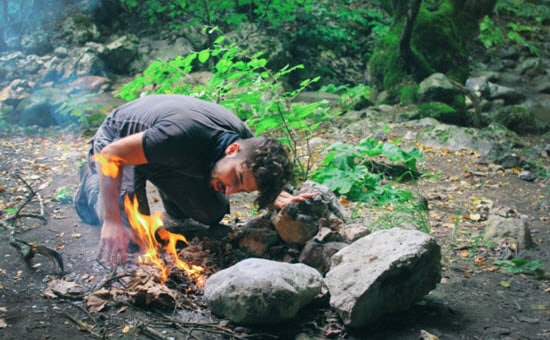Congratulations! You’ve passed your interviews and you’re now a consultant. However, while you may have momentarily rejoiced and thought “I’ve made it!”, you probably quickly came to the realization that this is just the beginning.
Being a consultant is a constant challenge and struggle. It will never be “easy,” but if it were, you would not grow and develop. That being said, we want to help you better navigate the consulting world by teaching you now what you can only otherwise learn through repetitive trial and error.
The below 25 tips are what every consultant learns – some faster than others – while on the job. Learning these now will help you get into the consulting rhythm much faster than you otherwise would have, and save you a lot of pain.
See this as your consulting handbook – your consulting survival guide.
The essentials
1. You need comrades – your people for the really good and the really garbage days. Find them and stick to them.
2. There’s almost no such thing as a rule. Whatever it is, you can find an exception.
3. This job is inherently stressful, and you are not going to be the first person to struggle with stress. Consulting firms have mechanisms in place to try to keep consultants from burning out. If you are struggling, reach out early.
4. There will always be pressure, but not every task will make or break the bank. If the success or failure of the project relies solely on the one slide you’re making, there are bigger issues going on.
5. Having a life you are happy with is more important than being the perfect consultant. Figure out not just what is critical at work, but also at home. Knowing what is most important and when will help you strike the right balance.
The practical stuff
6. Keep a one-page version of the case story up-to-date every couple of days.
7. Group emails get poor responses.
8. Be careful about adding Partners and Principals to Facebook.
9. Always bring solutions, not problems.
10. It can help to share your recent review form in your regular feedback sessions.
11. You learn so much more when you are fully transparent about what you don’t understand.
12. If work expands to fill the time available in which to do it, then limit the time available.
13. Remember number 4 and number 5? If you find you’re working until 1am every night, take a look at your balance. Unless you’re working on a “make or break” task, try to leave early enough that you can pause, get a decent night’s sleep, and come in fresh the next morning.
The unspoken truths
14. You will do your best work once you are okay with being fired.
15. Your Project Lead/Principal is not inside your head. Learn how to communicate and guide their attention to what they need to know. Work to their style and your life will be easier.
16. Reputation is extremely important – over-indexing to achieve good first impressions at the start of a project (and your tenure as a consultant) can create a lot of goodwill you can cash in later.
17. You have to stand up for yourself. And people will respect you for it (98% of the time).
18. People’s perception of your performance is just as important as your performance.
19. Over time you will develop a reputation amongst the upper cohort – they talk to each other about consultants (just like we talk about Principals and Partners amongst ourselves).
20. Communication is as important as content. Communication isn’t what you say, it’s what they hear.
21. Being good at the qualitative aspects of consulting (presentation, communication etc.) is significantly more important than being good at the analysis/excel/quantitative side of consulting.
22. Your career development advisor is not a purely objective mentor; what you tell them will impact their perception of you.
23. Success is 80% work, 20% timing. Opportunities can be random, but you also need to know how to place yourself.
24. Consulting is a confidence game. Always have a strong opinion, lightly held.
25. Once you hit 12-18 months tenure, you have more power to say “no” than you think you do.
Ian Glennon is an ex-MBB consultant who currently offers one-on-one coaching sessions to help you nail your consulting interview. Find out more here.
Image: Pexels
🔴 Like this article?
Sharpen your edge in consulting

3 replies on “Consulting Survival Guide”
[…] Read More © All right reserved. […]
Hey, I am an Engineer undergrad and I have placements this season
I desperately want to get hired as a consultant and I need help regarding all the skills I need to develop before the interview.Regards.
Hi Saranya!
That’s exactly why we built this course here: https://customcasecoach.com/consulting-recruiting-course/
Make sure to use code Spencertom10 for 10% off.
Also happy to support you with coaching.